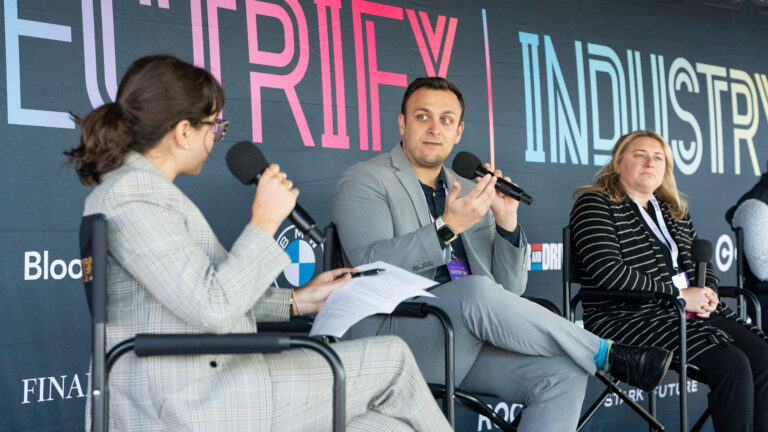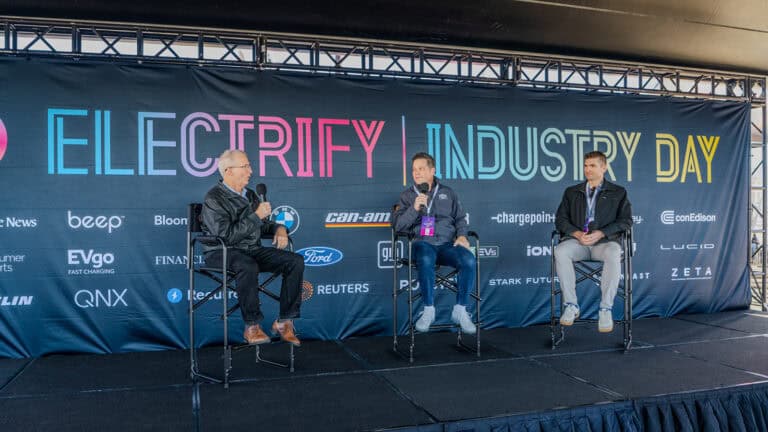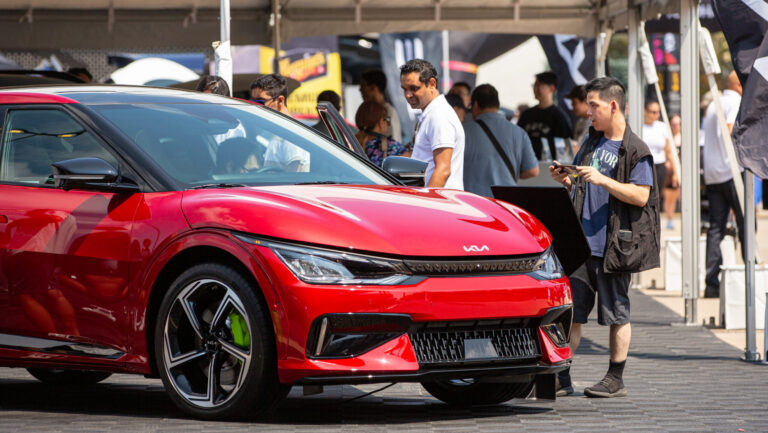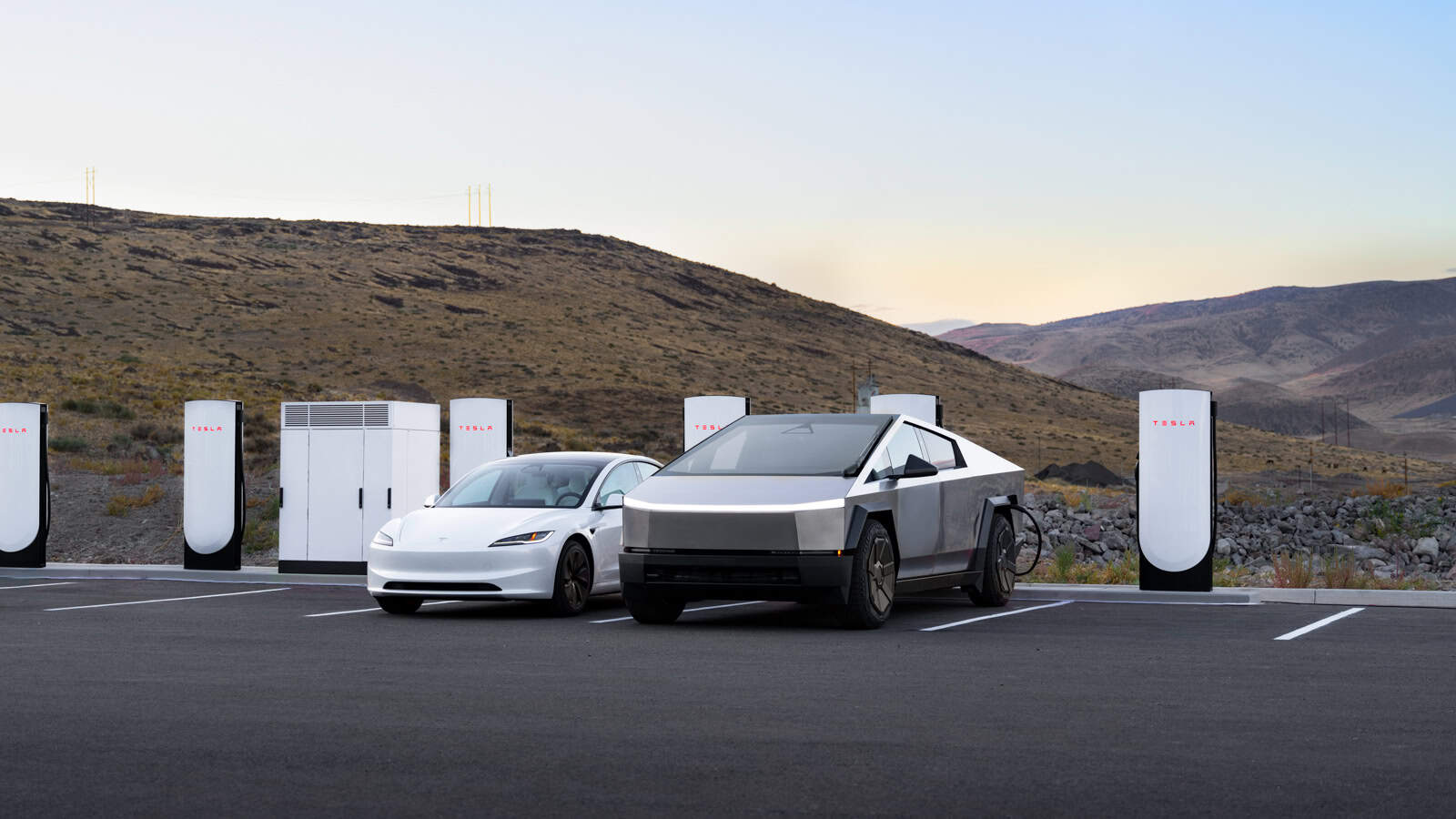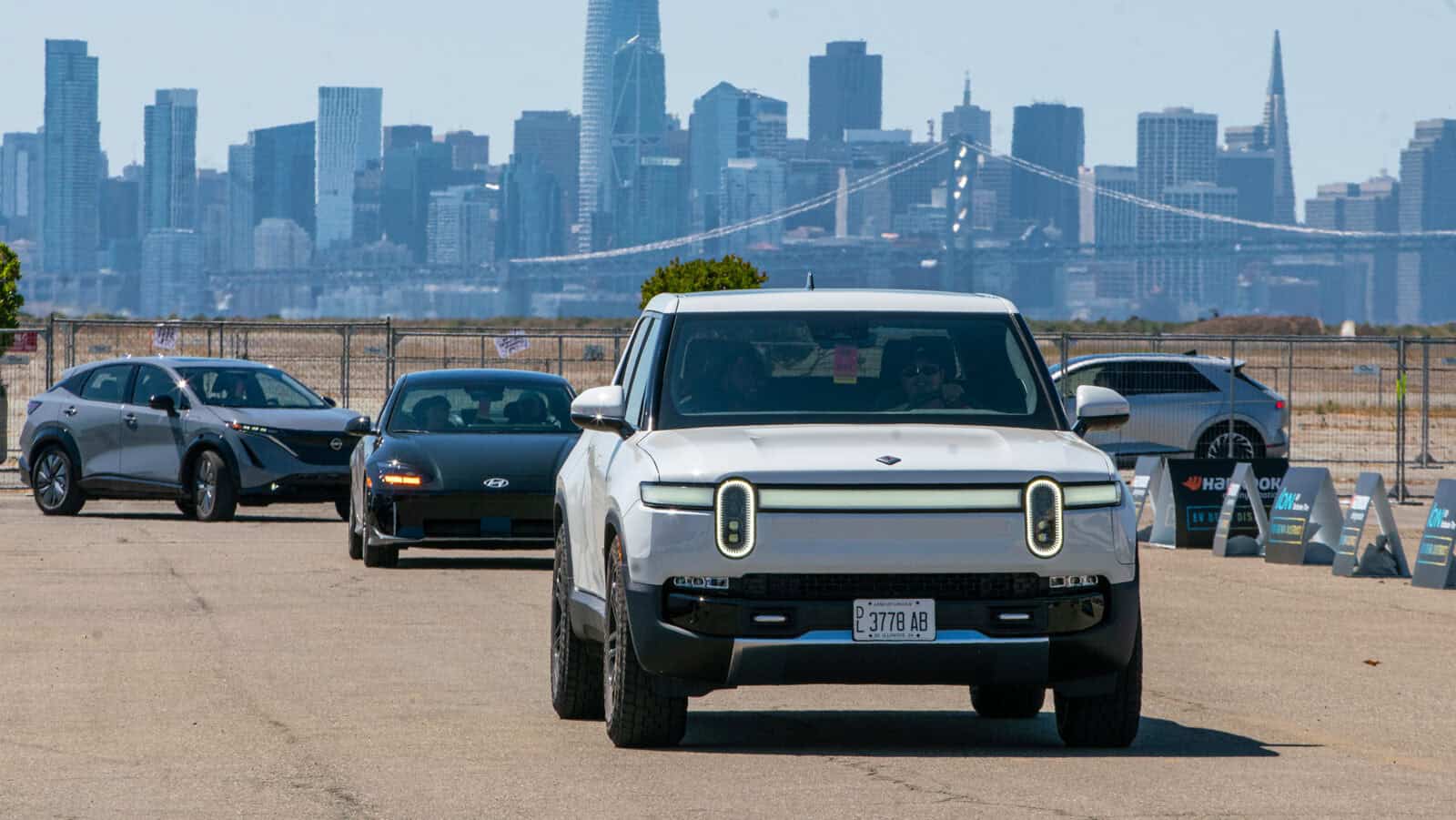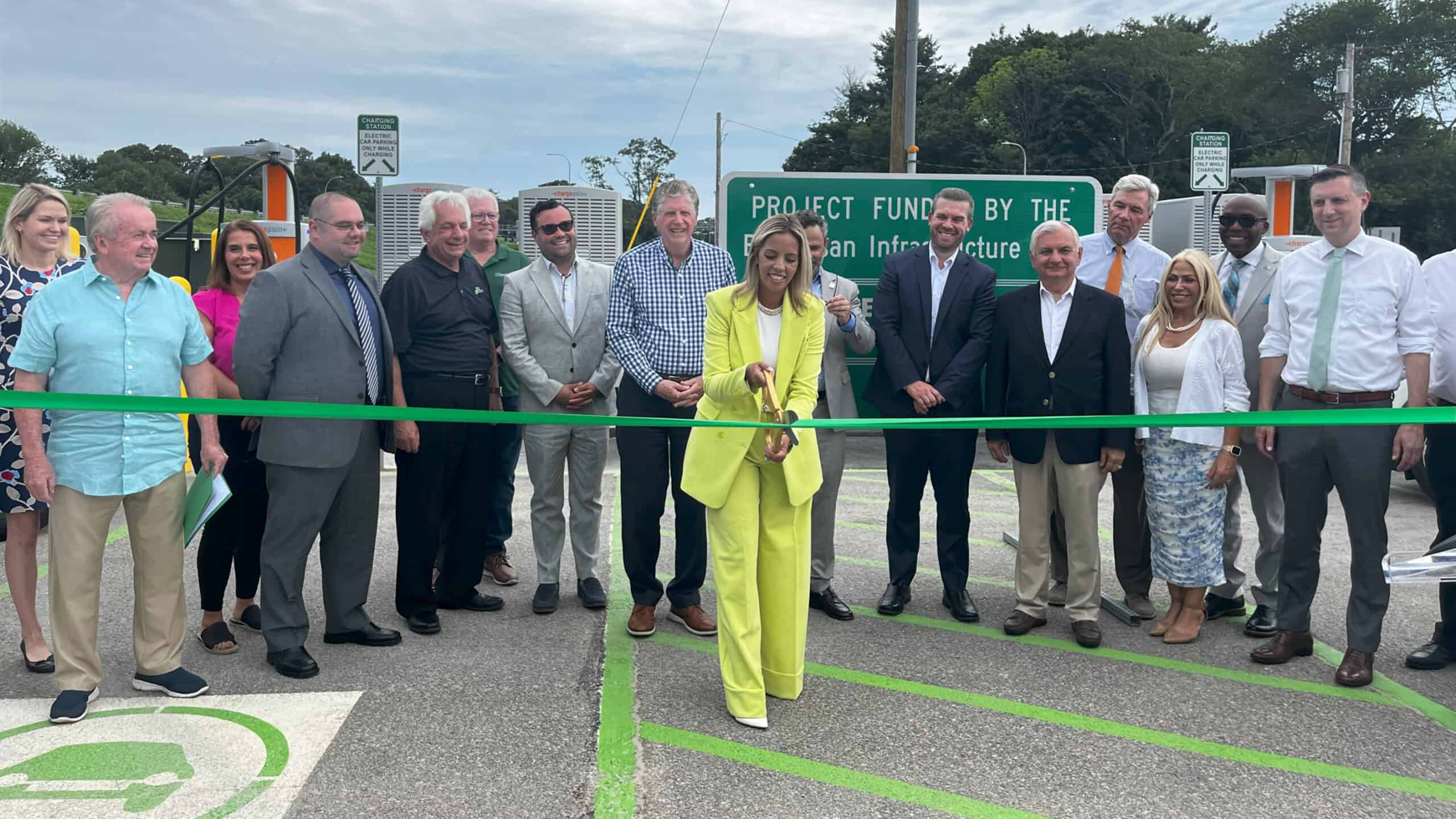- Three national fuel retailer associations — NATSO, SIGMA, and NACS — urged the Federal Highway Administration to improve the harmonizing of state application standards under the National Electric Vehicle Infrastructure grant program.
- The associations gave a list of six suggestions for FHWA to consider when reviewing and approving subsequent state plans for distributing grant funding.
- EV charging industry expert Loren McDonald, CEO of EVAdoption, pointed out problems with the current system and offered his suggestions for improvement.
The National Association of Truck Stop Owners (NATSO), representing truck stops and travel plazas; SIGMA, America’s Leading Fuel Marketers; and the National Association of Convenience Stores (NACS) urged the Federal Highway Administration (FHWA) to improve harmonizing of state application standards under the National Electric Vehicle Infrastructure (NEVI) grant program.
ADVERTISEMENT
The goal of solidifying and unifying NEVI funding by state is to ensure that consumers’ charging experiences are consistent from state to state, promoting a seamless transition to electric vehicles for drivers across the nation. By standardizing application requirements, the FHWA can facilitate a more efficient and user-friendly network, thereby supporting the broader adoption of electric vehicles and improving overall infrastructure reliability.
The retail fuel industry is making significant strides in supporting the National Electric Vehicle Infrastructure (NEVI) Program, and EV drivers across the country are feeling the impact. With more than half of all EV charging stations under the NEVI grant program set to be constructed at truck stops, travel centers, and other fuel retailers, it’s clear that these businesses are actively participating in the push for electric vehicle infrastructure. Vermont and Kentucky are a few of the states where NEVI-funded charging has been installed.
However, despite the positive momentum, there are concerns about the potential for a fragmented market and inconsistent consumer experiences due to differing state approaches to the NEVI grant application process. This could create challenges for EV drivers who rely on public charging infrastructure for their vehicles. It is clear that harmonizing NEVI funding by state is needed.
NATSO, SIGMA, and NACS Provide Charging Station Ideas for Harmonization Across States
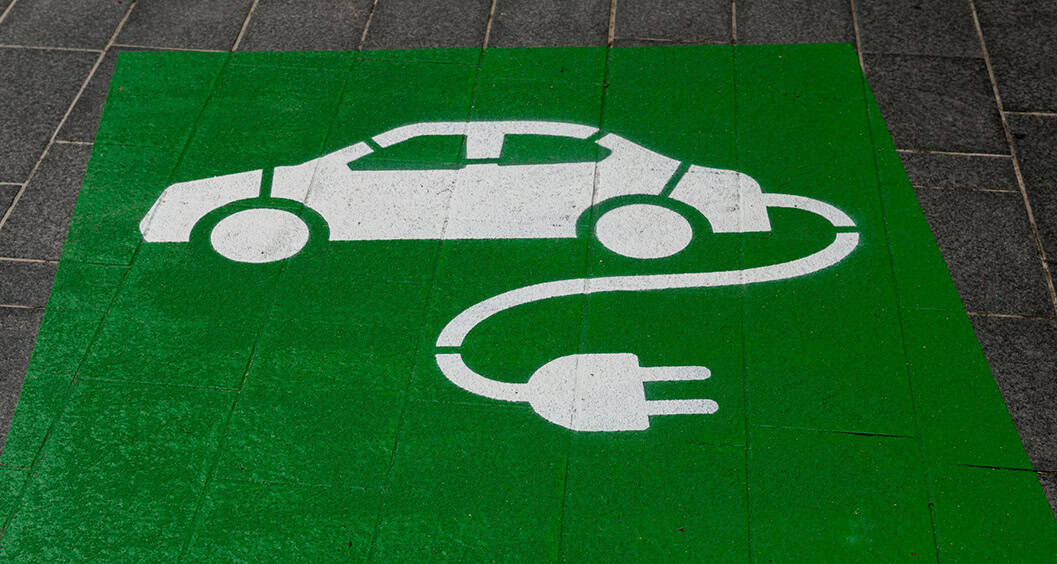
NATSO, SIGMA, and NACS urged FHWA to consider the following list when reviewing and approving individual state plans for distributing NEVI grant funding:
Prioritize EV Charging Station Services for Drivers
FHWA should ensure that states require site hosts to create positive consumer experiences by offering 24/7 food and beverage offerings, restrooms, and on-site staff.
ADVERTISEMENT
Require Executed Site Host Agreements
FHWA should prohibit states from issuing grant awards to applicants without committed site host agreements with site owners. Currently, some proposals for EV charging stations rely on candidate sites that may not have secured agreements with site owners. This creates a significant risk, as it could lead to delays or even the failure of the proposed infrastructure projects.
Prohibit Rate-of-Return Caps
FHWA should remove caps on rate-of-return or revenue-sharing requirements for fuel retailers who wish to participate in the NEVI grant program. These caps limit the ability of fuel retailers to make a reasonable return on their investment in EV charging infrastructure, which ultimately discourages private businesses from applying for NEVI grants.
Do Not Allow Grouping of Highway Segments
Currently, state Departments of Transportation (DOTs) have the authority to group highway segments and award them to a single bidder for the installation of charging stations. While this may streamline the process from the state’s perspective, it can create barriers for individual site hosts who are interested in installing charging stations.
Provide Longer Response Times for Grant Solicitations
States should provide at least a 90-to-120-day response time for grant solicitations. This extended timeframe would allow potential applicants to thoroughly prepare their proposals and ensure that all necessary details are included. It would also give them ample time to gather any required documentation and seek out potential partners for their projects.
Allow a Variety of Connector Types
FHWA should not mandate the use of the J3400 connector or require its availability in addition to other competing connectors. The flexibility to utilize different connector types allows for innovation and competition in the EV charging industry. Mandating a specific connector could stifle technological advancements and limit consumer choice.
ADVERTISEMENT
Loren McDonald, CEO of EVAdoption, Commented on the NATSO, SIGMA, and NACS Request to FHWA
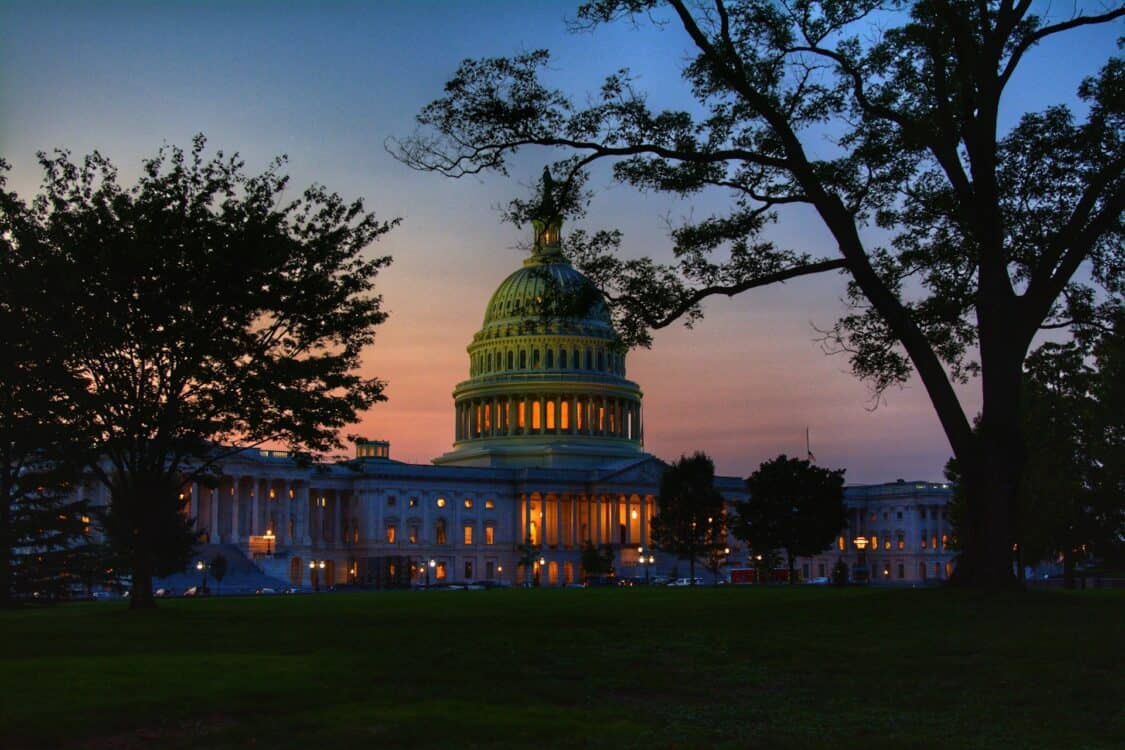
Loren McDonald is the CEO of EVAdoption, a data/analyst firm that tracks the NEVI program for a majority of the major fast charging hardware companies and many of the charging networks/CPOs.
In an interview, he shared this: “While the call by NATSO, SIGMA, and NACS for greater harmonization across states for the NEVI RFP and application process includes some specific recommendations that clearly favor convenience store and travel stop operators, there is clearly a need for the states to be more consistent in their requirements and processes. The vast majority of the companies that have been awarded NEVI sites to date are companies with a national footprint, and the differences in requirements and scoring points rubrics is, at times, both head-scratching and causing our clients to pull their hair out.”
McDonald continued: “There is zero consistency across the states with their NEVI applications, from whether performance bonds and letters of credit are required, to amenities such as pull-through lanes, canopies, WiFi, or food, or even if NACS connectors are required. And then the difference in the actual applications and budgets, to how scoring is weighted, is a significant challenge for companies with a presence in a majority of states. The state DOTs should clearly have some flexibility in their NEVI requirements to design the best charging experience for EV drivers based on things such as weather (canopies) and the percentage of electric pickups that pull trailers (pull-through lanes), but overall I clearly support the need to have more standardization and consistency across the state’s NEVI RFPs and application process.”
In the past, McDonald has participated as an industry expert in Electrify Expo’s Industry Day, which is returning for its annual recurrence at the Long Beach Convention Center in Long Beach, California, on Friday, May 31, 2024. Electrify Expo is the largest and most exciting EV festival in North America.
ADVERTISEMENT

FEATURE IMAGE: JOSHUA WORONIECKI
FTC: We use income-earning auto affiliate links. Learn more.





